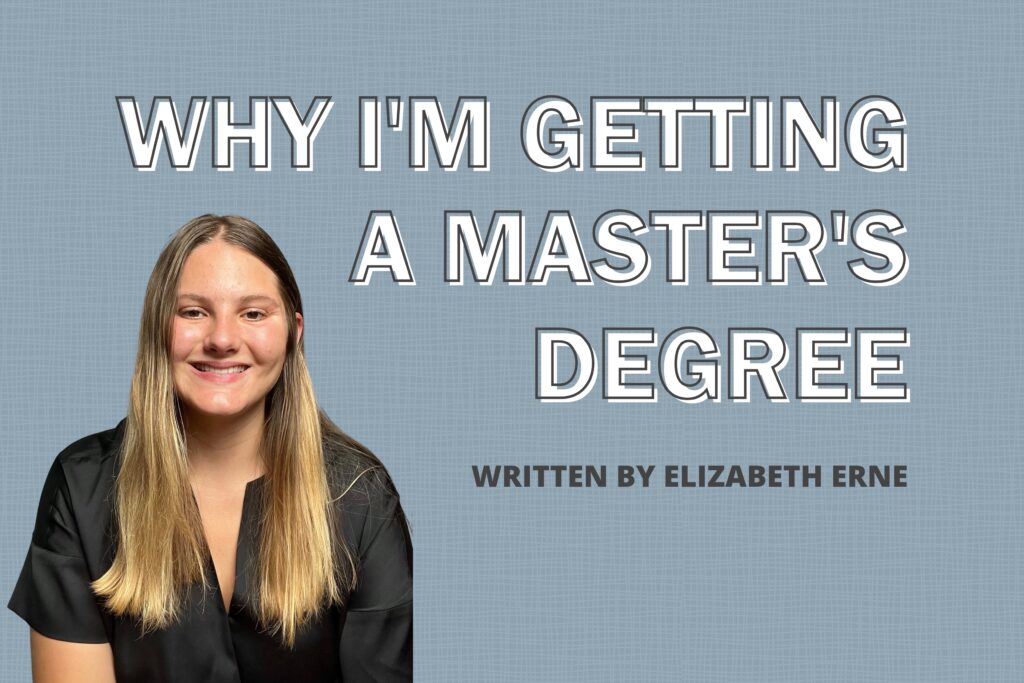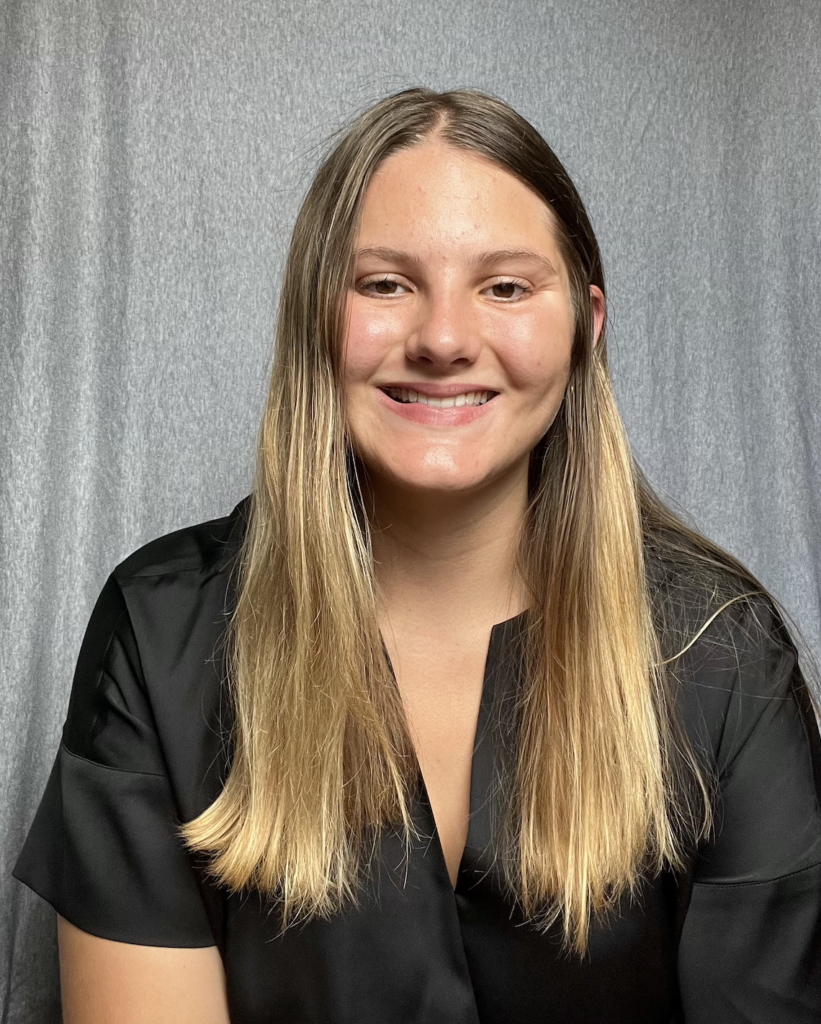Why I’m Getting a Master’s Degree

The field of public relations is dynamic, with different paths for everyone. With numerous options for those entering the job search, it can be overwhelming to decide where to take your next steps. That is how I felt entering my senior year of college.
I was at a loss. I did not know where I wanted to take my career. I had breezed through my undergraduate program, finishing within two years because of the college credits I earned while in high school. The COVID-19 pandemic hit during my second semester, meaning I completed my last three semesters fully remote, including my internship and work experience.
Even after graduation, questions plagued me about the field of PR. I had spent three semesters running social media for the Honors College and the student newspaper. I worked for a semester with The Henry Ford Museum for class credit and spent a semester running social media for the public relations department as internship credit. Still, I felt like I did not get to experience the world of PR while working remotely or gain as much knowledge as I would have liked.
I decided the best way to feel comfortable entering a full-time position in the industry was to complete a master’s program. However, this is not for everyone. The industry’s entry-level positions typically only require a bachelor’s degree, but compared to others, I felt like my experience and education was not enough to be competitive for positions I would be happy in.
For me, graduate school offered additional training and experience on top of what I had already received. Public relations education is different for every person and in every program. I decided to apply and attend Ohio University for my master’s since the school is nationally recognized for the undergraduate journalism and strategic communications program.
Graduate school allows you to tailor your education to your career goals. My program allows you to choose classes that will give you a leg up within your desired field and path. I have taken classes in agency management, crisis communications, and social media management. Additionally, you get to specialize your thesis for your career goals; I plan to explore and research the role of influencer marketing for Gen Z consumers.
Another benefit of going to graduate school is experience. Many programs and schools offer graduate assistantships, which allow you to work part-time — usually within your major — and will cover a portion of your tuition costs. I am a communications graduate assistant; my main responsibilities include curating social media content for my department, running email campaigns, and crafting news releases and blog articles for the website.
A master’s degree in public relations affords you the ability to streamline your career. You pick and choose the material you want to study as well as build meaningful connections with professors, students, and employees. These relationships and experiences will benefit you for years to come, whether it’s through recommendations or knowledge about the industry.
As always, think and research before committing to a master’s degree. Look at the skillsets you want to acquire to advance your career and the background of those in roles you aspire to, then make the commitment.
The best piece of advice I have for you is this: follow your heart. Even though it sounds cliché, only you know what will make you happy. The experiences and opportunities that graduate school has given me have made the decision to attend worth it.

Elizabeth Erne is a second-year master’s student at Ohio University where she is studying journalism with a focus on strategic communications. She graduated from Eastern Michigan University in 2021 with a Bachelor of Arts in public relations.
